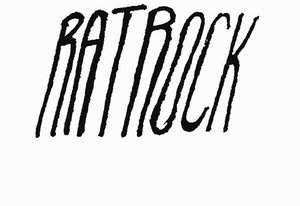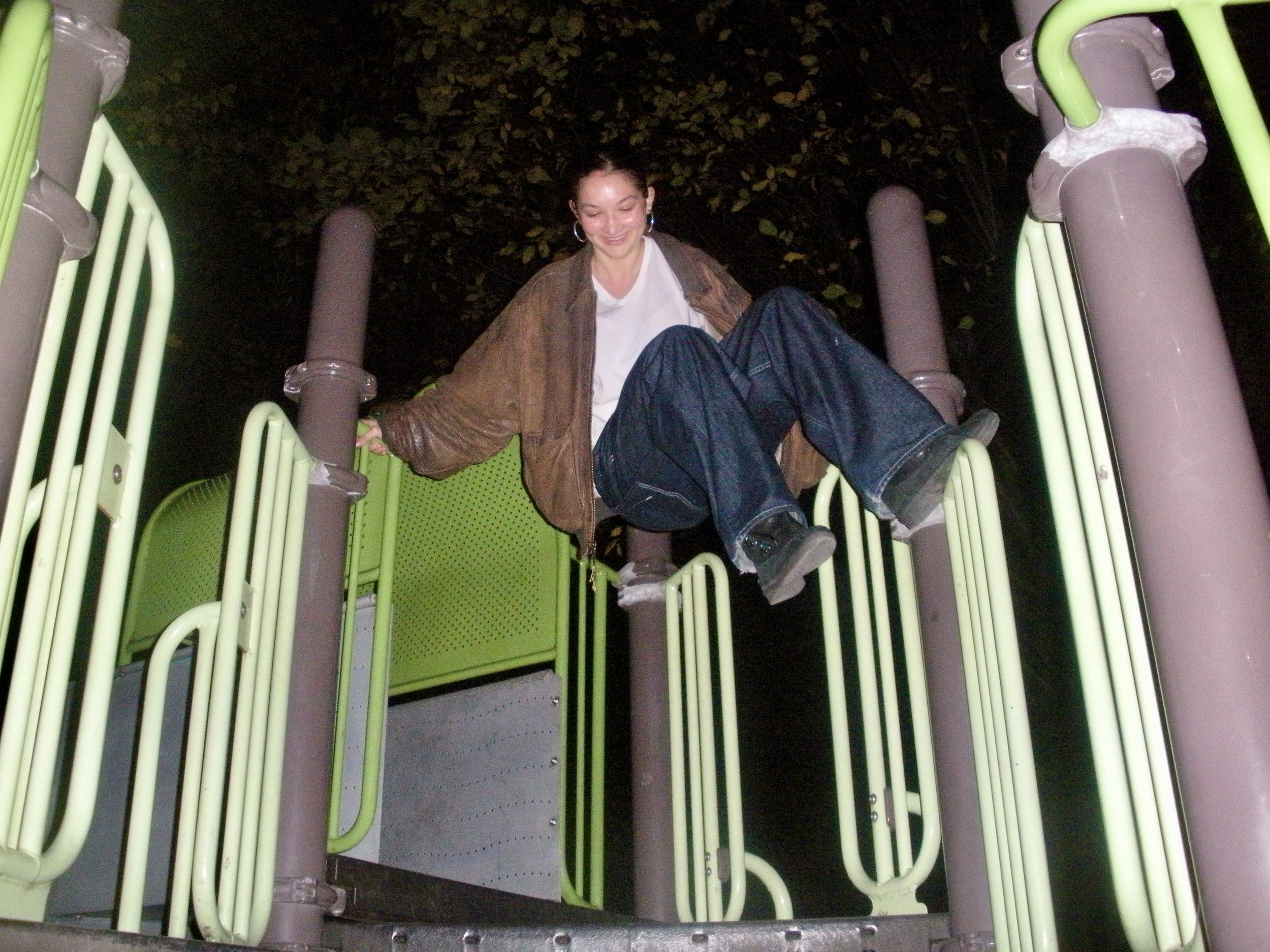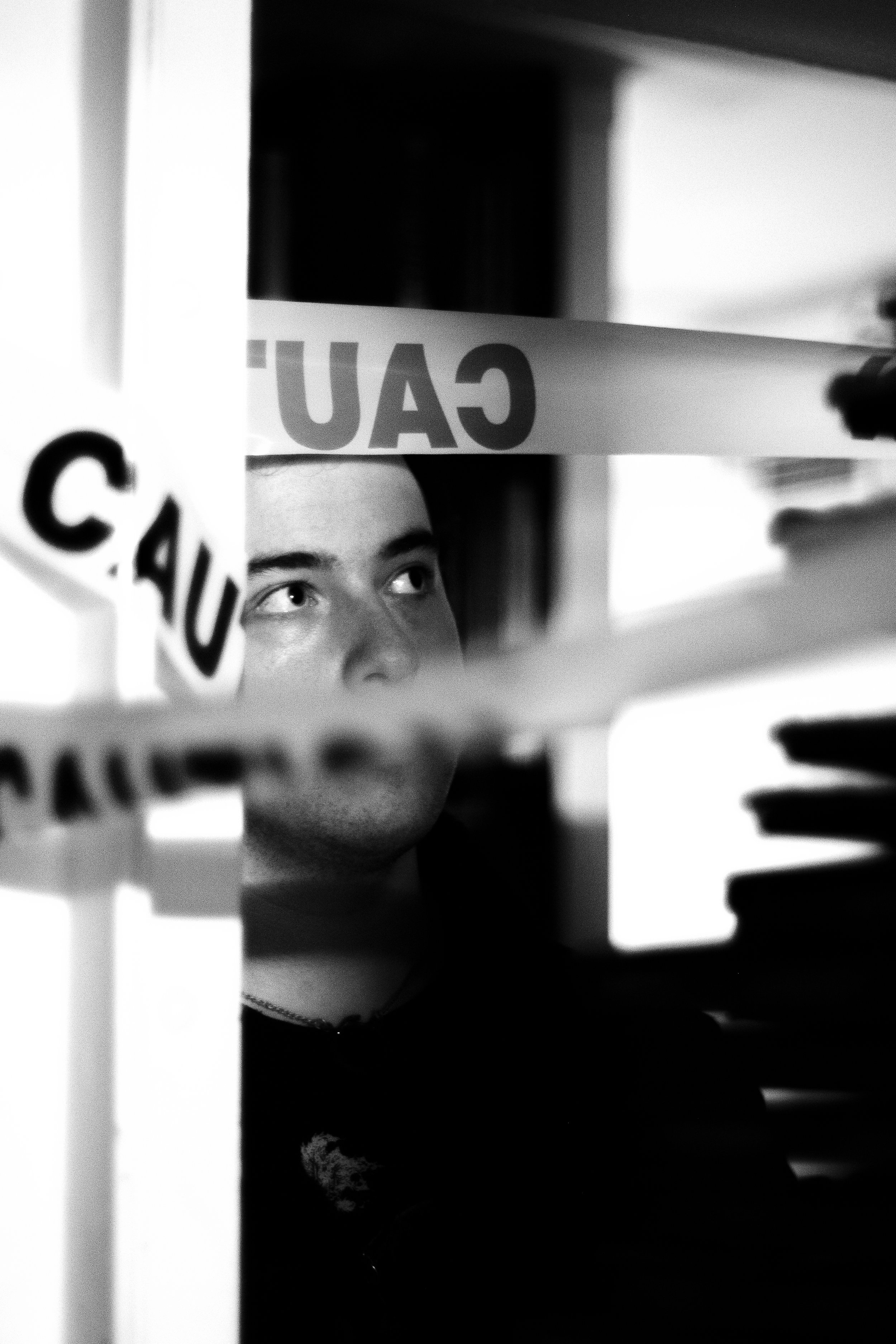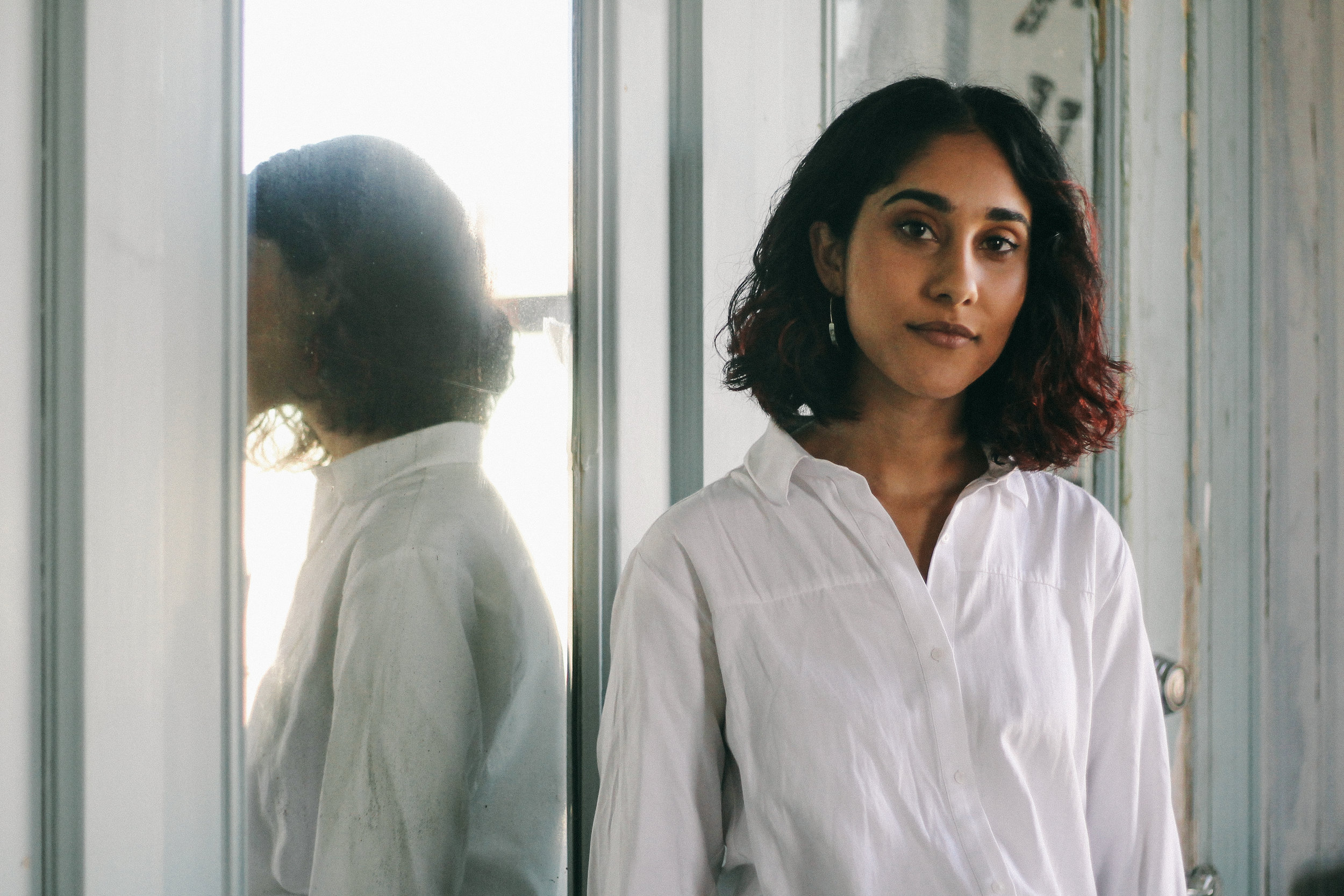
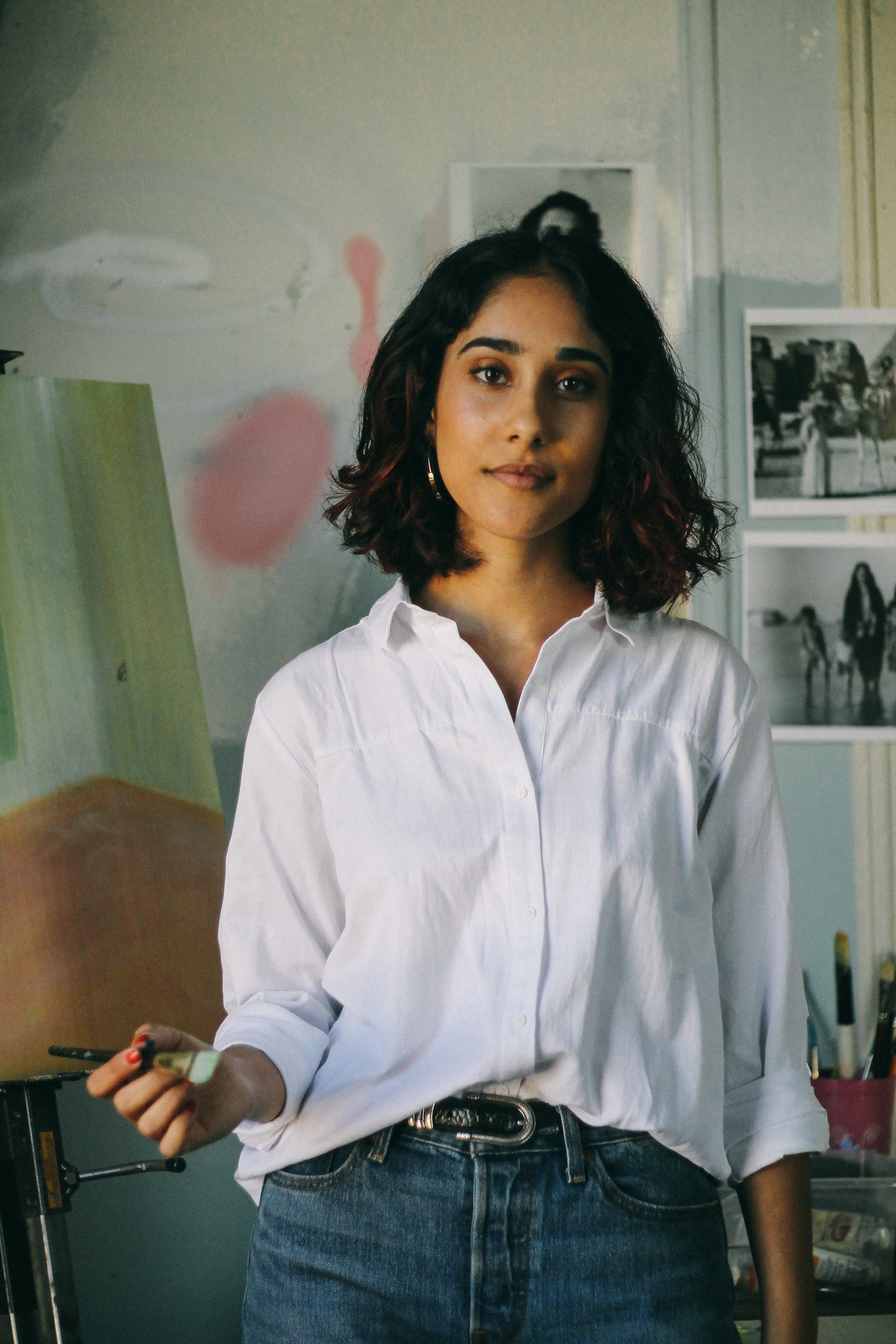
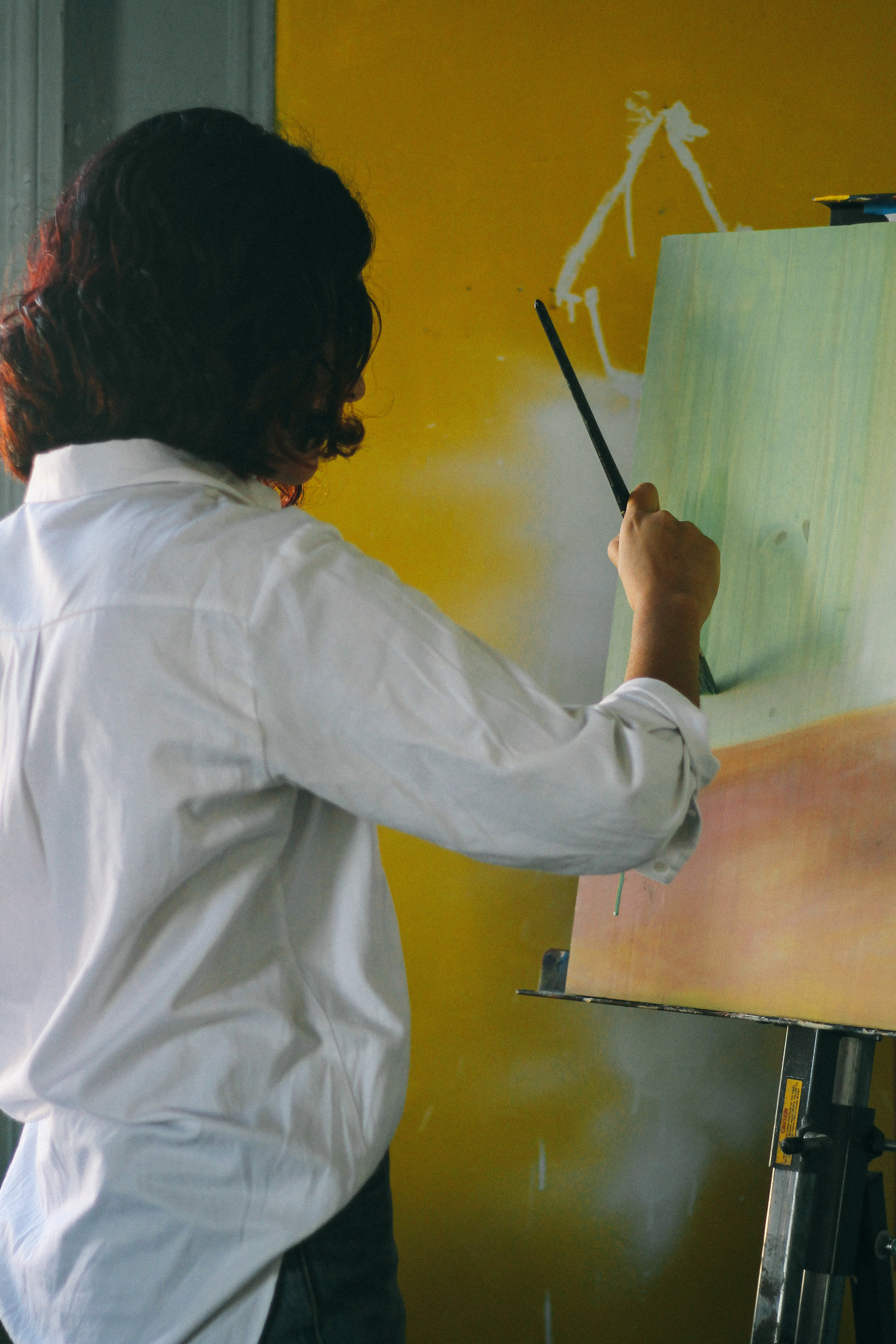
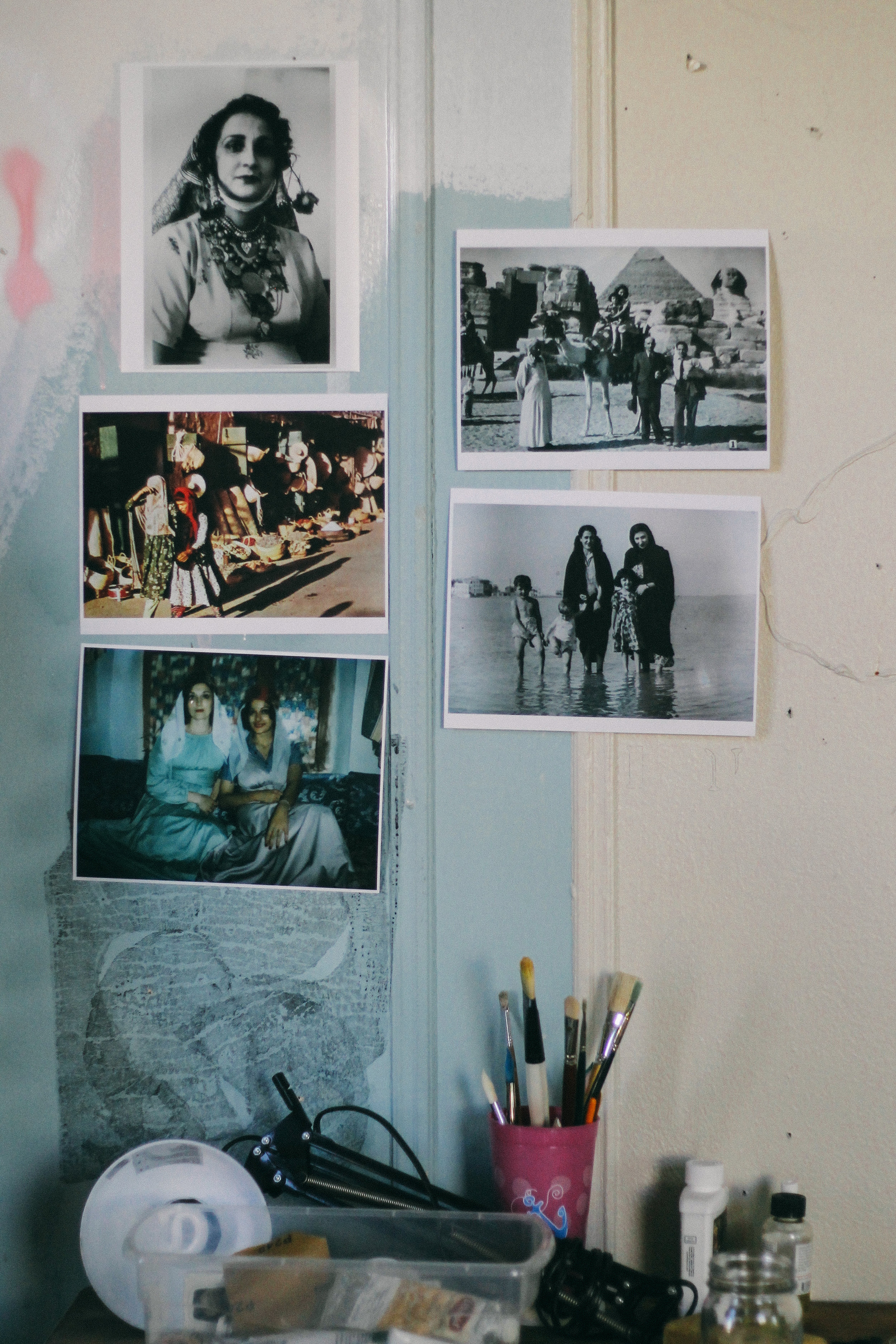
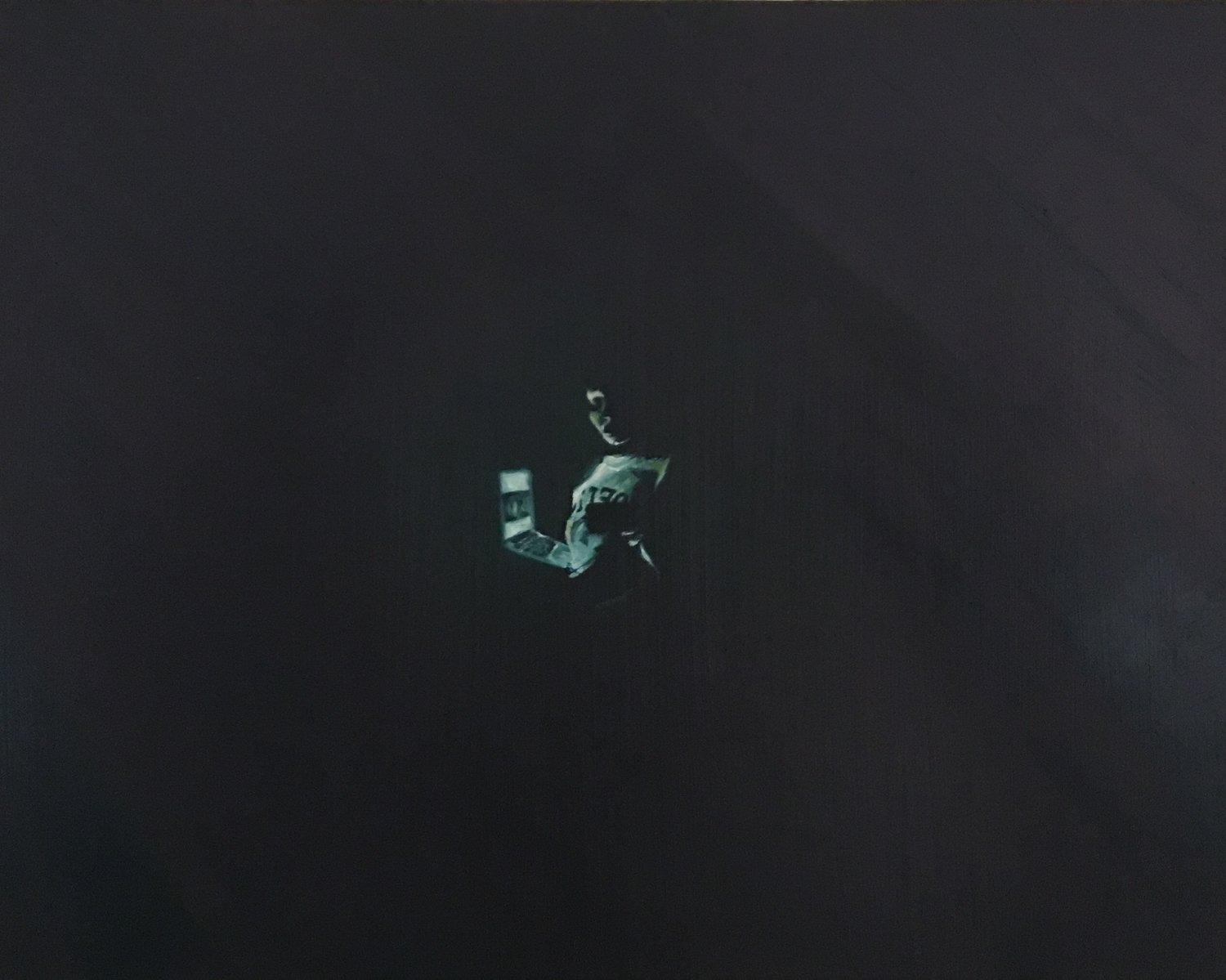
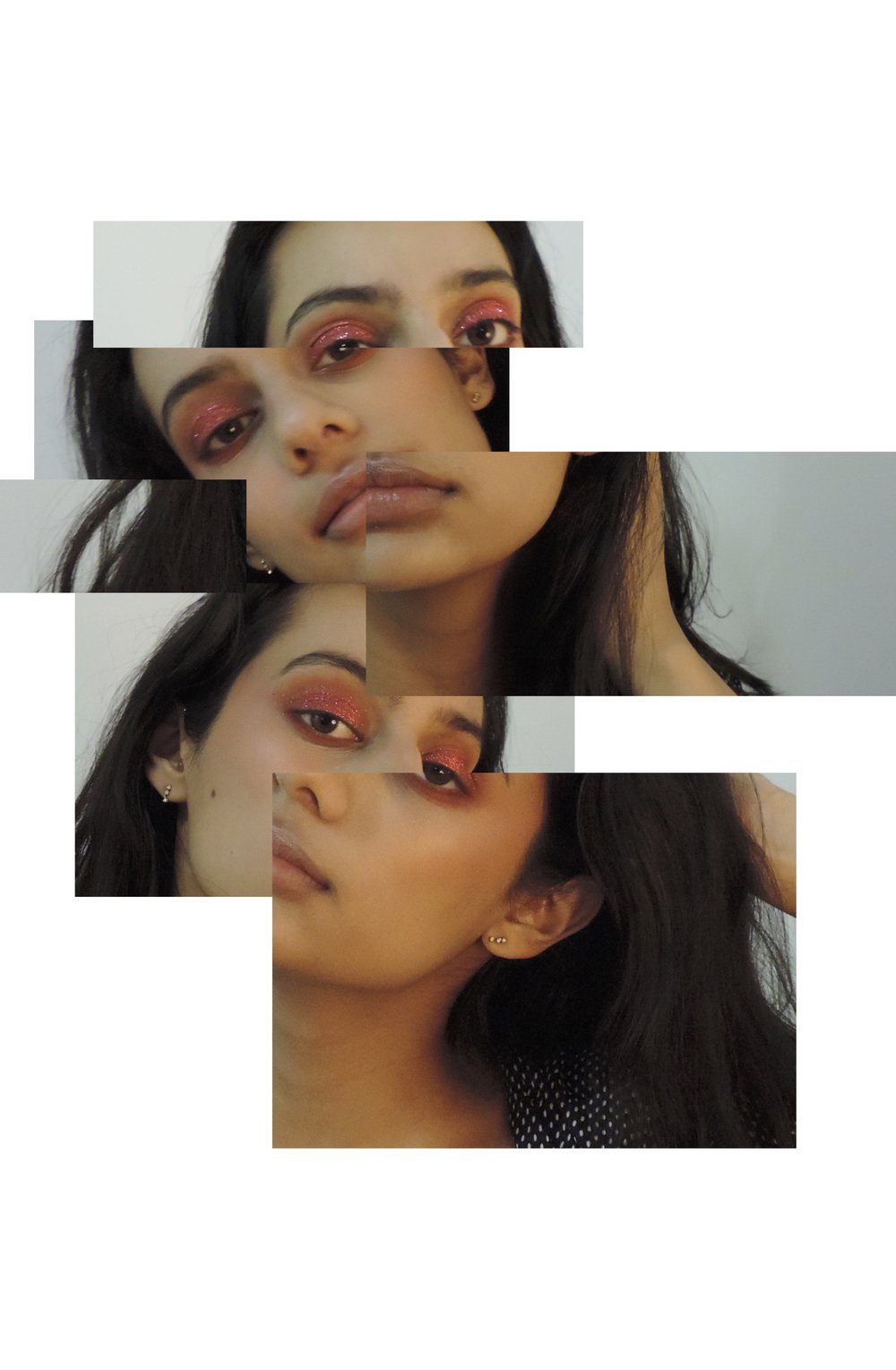
Photography by Emma Noelle
Interview by Grace Nkem
Care to introduce yourself?
So, hi— I’m Anisa Tavangar, I’m a senior at Barnard, I study art history / visual arts (which I love) and I’m also the Editor-in-Chief of Hoot Magazine.
What are you currently most interested in? What’s really struck you lately?
I feel like I'm generally excited by a lot of things, so it's difficult to pinpoint one. Very generally, though, I'm very motivated by justice, and I think anything related to justice catches my eye; more recently I’m thinking about beauty as justice, or beauty as a form of justice, and tying those concepts into art or creativity. And justice as a form of art is very exciting.
What’s your most interesting class this year? Are you working on a thesis?
I mean I’m taking senior seminars, because I'm doing 3 theses— which is exhausting— but my most interesting class is Methods and Theories of Art History, which is interesting because it’s heavy art historical theory which I like, and I'm also taking Philosophy and Feminism which I thought was Philosophy of Feminism, but actually is not. It’s literally Plato and Augustine, with respect to feminism.
Otherwise, I’m excited about my senior visual arts studio because in it I really can do what I want; the possibilities are endless—its cheesy but its true— but I’m suddenly in all these classes where I can do what I want— whereas all this time I’ve been answering prompts I’m finally at the point where it’s just: go for it.
I hear fashion and makeup are your forté— how have you engaged and explored those interests at CU?
It’s interesting that people (I mean I run Hoot, so hello fashion!) peg me as very into fashion, but I don't like fashion that much. I don't know— I think I like every avenue that allows me to make things and make an impact. In high school, fashion was a very convenient medium— I read a lot of blogs and took a sewing and construction class— and I think fashion is an interesting medium in terms of sculpture and performance. It’s a very structured, fabricated medium— especially in terms of performance.
I just think it’s interesting that I look at art as a very spiritual thing. I mean, to me, the art of making something and the quality of creativity is a uniquely human thing and it’s really a spiritual quality: the ability to be creative. And so I definitely look at art through that lens, while I think that when things are strictly material, because there is a way to create things that are strictly material, they lose their meaning. The material aspect of creating, when things are made solely in that way— meaning vanishes. Fashion week is like that, it’s not an experience of art or design, expression, ideas— its material. And all the structures and hierarchies within it are false. They are made up, and stuck— so why are we taking them for granted?
Thinking of things in terms of a continuum and not a spectrum is interesting, because spectrums have endings that you have to bounce in between— but continuums can go on. There’s room for growth; I'm into infinity. In the end nothing matters but being a good person, everything else is fake! Those aren't elegant words, but the only things that are universally true are these qualities: kindness, generosity, justice. Not what’s on a runway. A runway or gallery can only select those and emulate those. Yeah. That’s what I'm about these days.
Back to Hoot Mag— tell me about it: what is Hoot, how did you get involved, what is it doing, and where is it going?
Alright. Whoo. Yes! That’s true I'm Editor-in-Chief of Hoot, which is the undergraduate fashion magazine at Columbia. I got involved my freshman year, my older sister was a senior and she said check it out, so I went to the first meeting, thought it was cool, could see myself getting involved. But I’m wildly type A, so of course by “contributing” I got very, very involved— forget “getting involved,” I went full speed ahead. I contributed two blog series and to two print shoots. My second semester I was Beauty Director, and then the editors graduated and gave me the whole thing! It was scary at the time but I'm so grateful that they trusted me.
Every semester, the magazine changes, it’s a reflection of the editors and contributors, and it’s allowed me to inject these abstract ideas into the publication.
So the way that I put it is: yes Hoot is a fashion magazine, but we are more concerned with conveying our ideas through representation and inclusion. So, more important than clothes and trends are these concepts, and that’s the mission of the magazine, and that is the most important part of it. As cool as it is to style a shoot, it’s the mission of the magazine that’s been most impactful and what makes me proud of Hoot. And this is a time for reflection, because I’m not continuing it spring semester! Yes, time to announce it.
Hoot has really changed in the last 2+ years that we’ve had it, and we’re passing it on! It’s going to be nice because then the new people will have complete control, of course, but if they need us we’ll be on campus. Its been crazy watching it change so much, and to see what we’ve been able to do. For example Holler was one of the first things I came up with for Hoot— I was in the car with my dad and thought it would be funny: Hoot & Holler— and now, to come back and look at something and say “I did that” (with the help of a lot of people) is really nice.
You’re working at Refinery29, right? Tell me about that.
Actually I just ended on Thursday— because there’s so much going on at school and the time commitment was a lot, but I absolutely loved the team I worked with. Such amazing people. I never expected to leave an internship emotional but I teared up.
At Refinery I was the intern to the Exective Creative Director and Co-Founder of the company, who I admire so much, and I sat on the Brand Leadership Team, looking on how the brand is applied broadly across the company— a bird’s eye view. It’s just a cool place to be, everybody is so interesting, smart, and capable— from a strategist, to a designer, to a marketer, there’s so much to learn from each person. That’s what I valued about the company, and everybody really adheres to the values that the company aims to uphold, for sure.
How was fashion week?
The first time I went was my freshman year, it was Tadashi Shoji— beautiful gowns, just floating down the runway! I remember it being so special, I was very starry-eyed. It was so beautiful, and it had once felt like such an unapproachable space— to get in there my freshman year felt unreal! But year after year, season after season, its kind of lost that gloss or that sheen. That sparkle, or pizzazz?— something shiny. The patina?
Now, when you go, if nobody cares who you are, you’re wrangled into this holding pen before the shows and nobody cares if you can see, nobody talks to you, everybody is there for themselves trying to be seen. I think after not too much time that kind of overwhelms the experience. And once you're in the room, consciously or not, you’re wondering “do people like my outfit,” “what are they wearing,” and you’re judging people on their outfits; you don’t want to be that way but you can’t help it! That’s the only thing the space is encouraging people to do— judge other people— which is unfortunate.
This year I didn't post about it, I put a bit on my story, I tried not to go to shows and encouraged the other Hoot editors to use the invites. I mean, it's a privilege to go to these shows, but you have to think, what’s the point of it? I’m not into it right now.
I saw your article in Medium on the September issue covers. And no one can deny that Hoot makes a point to be forward-thinking and inclusive. What has been your experience with inclusiveness and politics in general, working and existing within the world of fashion?
I think my relationship with it is complicated, but the issue itself is simple. Simply put: I think there is no platform or publication that is doing enough. Or, that is having the perfect conversations. No one has the right answer for it— but there’s a lot of not trying hard enough to figure out what that might me. It’s very disheartening, but at once very motivating, thinking about what these solutions might be.
One of my “shticks:” I am not a political person. I read the news, I'm informed, but I'm not a member of a political party, I try not to talk about specific politicians. But there’s a very different thing between political and politicized. Global economic policy is political— but justice, equality, and the well-being of humanity— these are politicized issues. They're social issues. I just think its interesting that everything feels political— why? Because a politician talked about it, it’s what’s going on every day, but it’s not a political issue.
The funny thing is, I’ve worked in digital media more than fashion— I’ve done two internships at Refinery29, but the first was very bottom of the barrel click bait articles, and interned and freelanced for issuu.com, writing content and producing a video series. Fashion is a vehicle for change, but I'm not married to it. I don't need to work in fashion if that's not where I can have the best impact.
So where would you like to work?
That’s the thing— I don't know. I love digital media. I love art history. But I don't have one that I need to be in. I want to be somewhere that allows me to influence the world through beautiful things— wherever will allow me to do that.
Do you have any other similar— or dissimilar— projects you’re working on?
Well, I'm doing an art history thesis, a visual arts senior project, and an Athena Social Action Project. All three relate very closely to these ideas, in different ways. They all have to do with inclusion, identity, visual culture, how the images we see ourselves reflected in impact how we see our role in the world.
Do you like the term “visual culture?”
I think its necessary for now. You can't separate all the different forms of media— there’s so much happening on Instagram, you can’t say it’s not affecting the world! Because visual culture isn't just “high art”, it’s what fonts you use! What color are you drawn towards? Anything that influences the aesthetic qualities of our day.
When I'm talking about inclusion, I’m not just talking about the Met or a fashion shoot— I'm talking about all of it. Its about who you’ve included in an ad, a fashion shoot, who's getting a solo in a museum, who’s publishing, who’s editing. It’s all connected, all relevant. And because of that digital reach, if you try to dichotomize all these, you’re being dishonest to the reality of the day.
Another thing about visual culture is that change is part of its essence. Change is necessary, inevitable— and individuals have the capacity to make that change. If you see something wrong and do nothing, you’re using your skills in the wrong way. Culture is malleable, and you can make it happen. “Be the change you want to see in the world,” if you want to be cheesy.
If you could only consume one form of digital media for the rest of your life, what would it be?
It would have to be the New York Times…. website. I mean, it’s all there, they have all these different categories. You can read the news— love reading the news— there’s think-pieces— I love a good think piece— and there’s Vanessa Friedman— love her.
And, um, hootmag.org/blog.
Alright get ready— who are you wearing?
Oh, nothing interesting— too much Zara. But, my earrings were designed by a friend of mine, based in Brooklyn. Her brand is called Edas Jewels! She was in Holler Fall 2017. Wonderful person, wonderful designer— check it out. Everything else is boring— but I'm wearing pink eyeshadow. I'm not into putting effort into my clothes as much— its exhausting! It’s like, look at Steve Jobs. Yeah, I’d say my fashion inspirations are, well, a mix between Ina Garten and Steve Jobs. I said that in an interview a while ago and I'm sticking by it.
Well, in the spirit of reflection— any tips for underclassmen?
I have a few. My first, biggest, tip is: FOLLOW THROUGH. Number one. If you ask something of someone or you want to get involved in something and you expect them to hand you the opportunity, it’s not gonna happen. You need to follow through and put that work in for yourself not matter what level you’re at. Put the work in.
Other advice, college specific advice— don't feel obligated to follow certain clichés. There are all these things that people consider to be a necessary part of the college experience that are not necessary at all. Don't feel like you must partake in something you don’t enjoy. Do what brings you joy!
And call your parents. I call my parents all the time, we've gotten to whereas other students complain about parents calling them, my parents are the opposite. But, really, be in touch with people outside of the experience you’re in now, so you can reflect. It can be a parent, sibling, friend at another school, anyone you're close with. You can get sucked into what going on around you and its important to pull back and realize this isn’t everything.
Be nice to everybody. That's another big one.
I don't like being too cool— I’m not a cool person. Be into things!
We’re all nerds here: lean into that.
